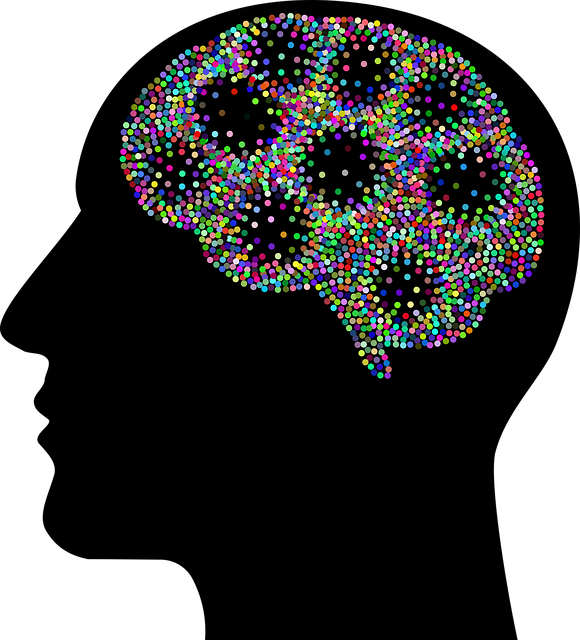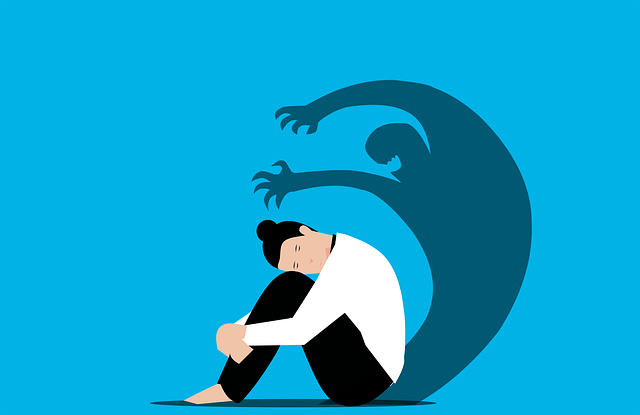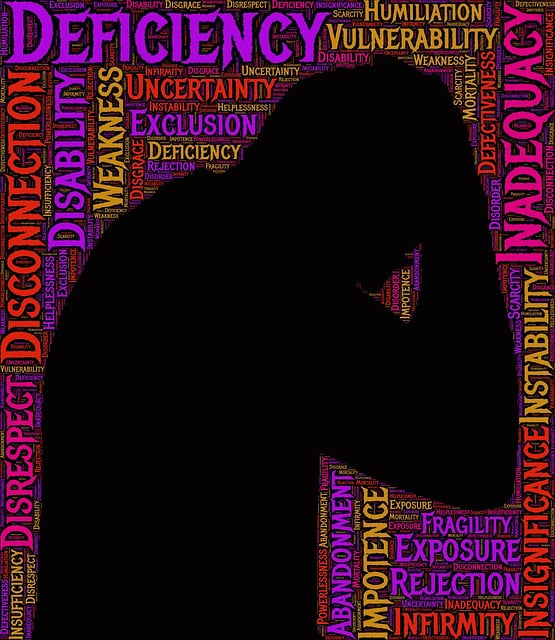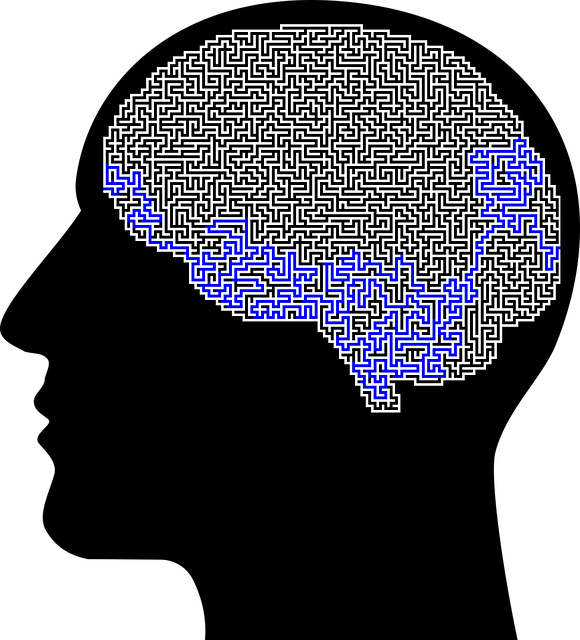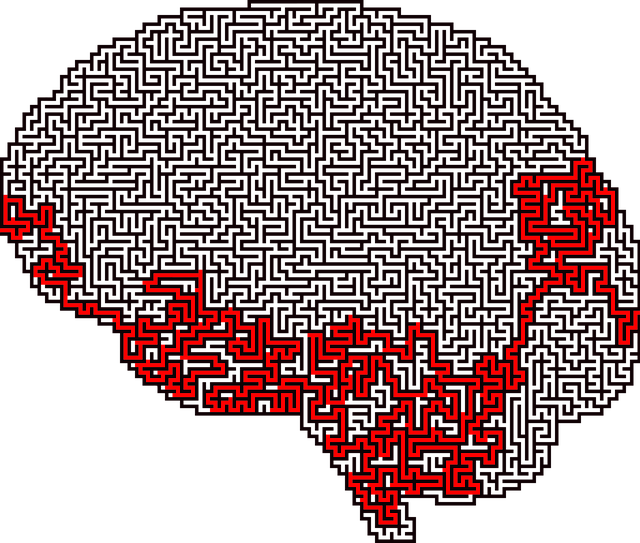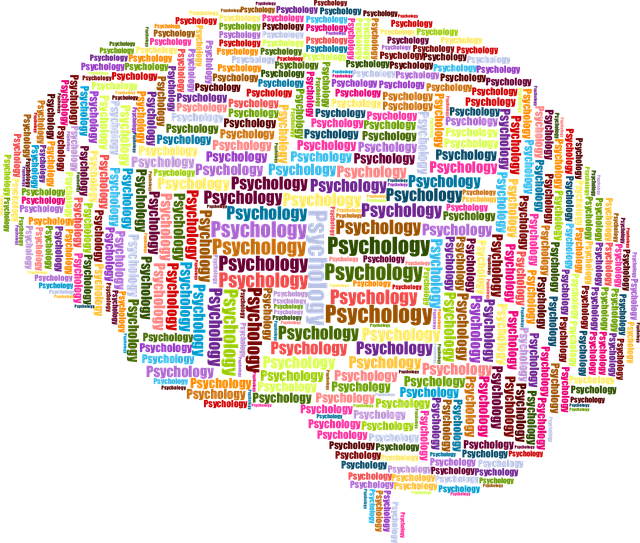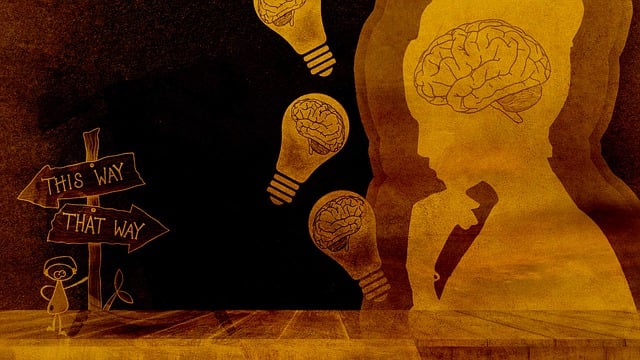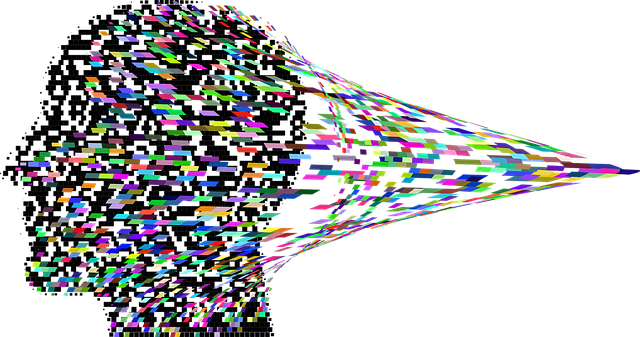Mental wellness apps are gaining popularity, offering innovative solutions for managing emotional health, especially within diverse gender identities. To excel in this competitive market, apps should focus on providing inclusive environments and personalized therapy, such as Superior Gender-Affirming Care (GAC) Therapy. Key features include self-care tools, safe expression spaces, and customizable settings for user identity. Effective marketing strategies involve creating compelling brand identities, partnering with mental health organizations, and offering engaging content updates to attract a diverse user base seeking GAC therapy and improved mental well-being.
In today’s digital age, mental wellness app development is revolutionizing access to care. This article explores key aspects of creating effective mobile therapy solutions, focusing on understanding the unique challenges of mental health and designing superior gender-affirming care. We delve into essential features for an inclusive user experience, marketing strategies for success in the app store, and accessibility measures to ensure a broader reach. By integrating these elements, developers can contribute to a more inclusive and supportive digital landscape.
- Understanding Mental Wellness and its Unique Challenges
- Designing Gender-Affirming Care within Mobile Therapy Apps
- Key Features for an Effective and Inclusive User Experience
- Marketing and Accessibility Strategies for Success in the App Store
Understanding Mental Wellness and its Unique Challenges

Mental wellness is a multifaceted aspect of overall health, encompassing emotional, psychological, and social well-being. It involves managing stress, cultivating positive thoughts, and fostering healthy relationships. However, mental wellness can be challenging to maintain due to the unique nature of individual experiences and societal pressures. One significant challenge is addressing the need for inclusive and gender-affirming care, particularly in therapy services. Many individuals face barriers to accessing quality mental health support, often due to stigma, lack of awareness, or limited resources, which underscore the importance of developing innovative solutions like specialized apps.
The concept of superior gender-affirming care therapy is crucial in ensuring that all users receive tailored and respectful treatment. By integrating practices such as self-care routine development and mindfulness meditation into app design, we can create digital tools that empower users to take charge of their mental health. Moreover, mental health policy analysis and advocacy play a pivotal role in shaping accessible and effective support systems. These strategies collectively contribute to building a more inclusive environment where everyone has the opportunity to thrive and maintain optimal mental wellness.
Designing Gender-Affirming Care within Mobile Therapy Apps

In the realm of mental wellness app development, designing superior Gender-Affirming Care (GAC) therapy within mobile platforms is a game-changer. Apps should cater to the diverse needs of individuals from all gender identities by incorporating inclusive features and self-awareness exercises that promote positive self-care practices. By ensuring an affirming and accessible environment, these apps can significantly enhance user experiences and outcomes.
A key aspect of GAC therapy in mental wellness apps involves integrating content that validates and respects users’ identities, including non-binary, transgender, and gender-nonconforming individuals. This may include providing safe spaces for expression, offering tailored Self-Care Practices, and facilitating connections with supportive communities—all within the comfort of a mobile device. Additionally, incorporating regular Self-Awareness Exercises can help users navigate their feelings, emotions, and experiences in a judgment-free setting, fostering a deeper understanding of themselves and their mental wellness journey.
Key Features for an Effective and Inclusive User Experience

An effective mental wellness app should be designed with a user-centric approach, prioritizing inclusivity and accessibility for all individuals seeking support. One key aspect is incorporating features that cater to diverse needs and identities. For instance, providing options for users to customize their profiles, including gender identity and preferred pronouns, ensures a sense of belonging from the outset. This simple yet powerful action can significantly impact users’ willingness to engage with the app.
Furthermore, integrating evidence-based practices like compassion cultivation and mindfulness meditation can enhance the overall user experience. These techniques have been proven effective in Depression Prevention strategies, enabling users to develop coping mechanisms and improve their mental resilience. By offering a range of resources, from guided meditations to interactive exercises, the app can cater to various preferences and provide a holistic approach to mental wellness, ensuring that every user feels supported and empowered on their journey towards superior gender-affirming care therapy.
Marketing and Accessibility Strategies for Success in the App Store

Marketing and accessibility are key strategies for mental wellness app developers aiming to stand out in a crowded market. To ensure success in the App Store, developers should focus on creating an engaging brand identity that resonates with diverse users, especially when targeting those seeking superior gender-affirming care therapy. Utilizing inclusive marketing campaigns that highlight the app’s unique features and benefits can attract a broader audience. For instance, showcasing how the app accommodates various identity expressions and provides safe spaces for open dialogue can be a powerful draw.
Additionally, implementing effective distribution channels and partnerships is vital. Collaborating with mental health organizations, community outreach programs, and influencers in the field can expand reach. Offering incentives such as discounted subscriptions or free trial periods through these collaborations may encourage downloads. Regularly updating app content, including adding new therapy techniques like conflict resolution strategies and incorporating user-generated content like journaling exercises, keeps users engaged and attracts new ones. Ensuring accessibility features are seamlessly integrated will further broaden the app’s appeal, catering to a wide range of users seeking mental wellness support.
Mental wellness app development, with a focus on providing superior gender-affirming care therapy, offers a promising path towards enhanced mental health support. By addressing unique challenges and incorporating inclusive design principles, developers can create apps that cater to diverse user needs. Key features, such as personalized content and accessible interfaces, are essential for effective engagement. Effective marketing strategies and accessibility considerations ensure these apps reach the right audiences, fostering a more supportive digital landscape for mental wellness.
